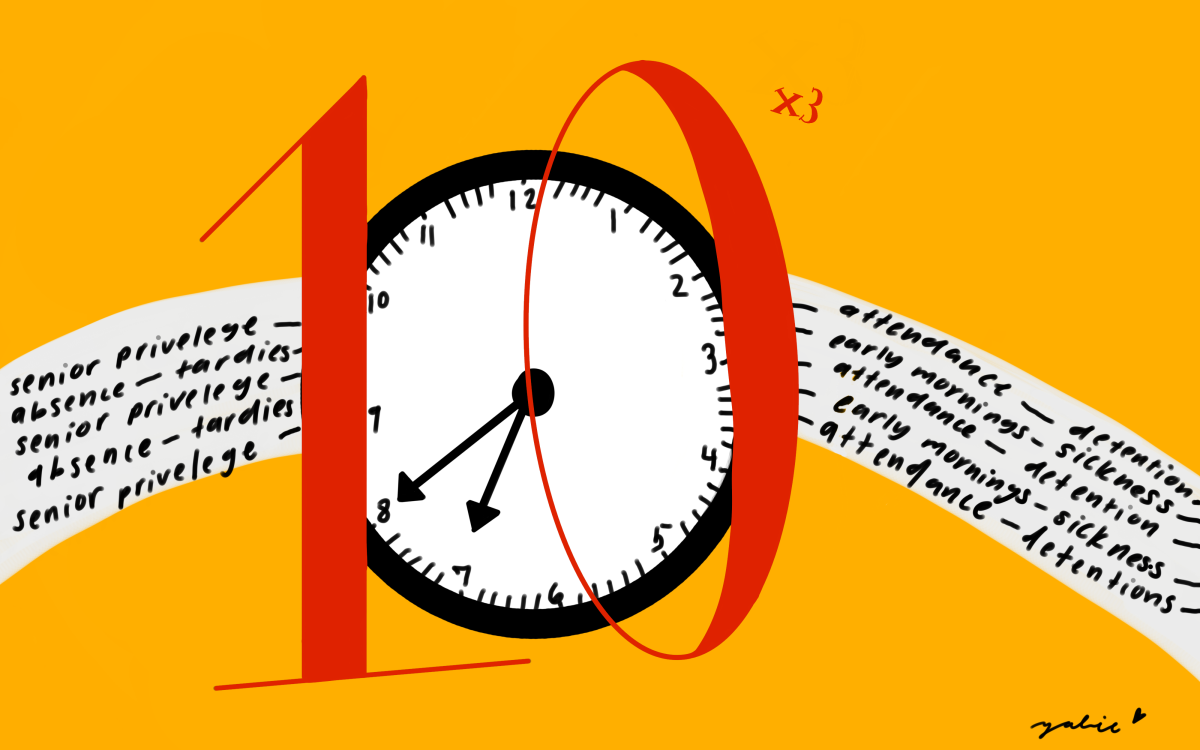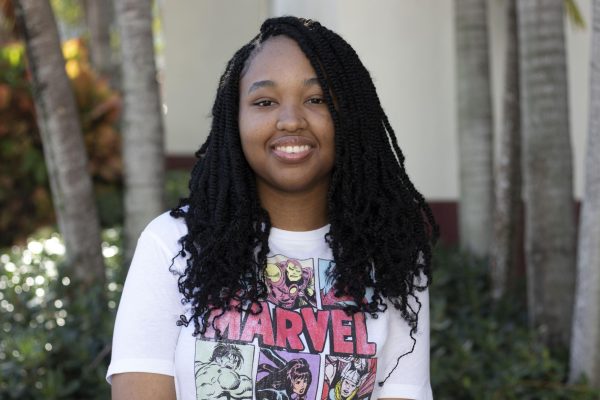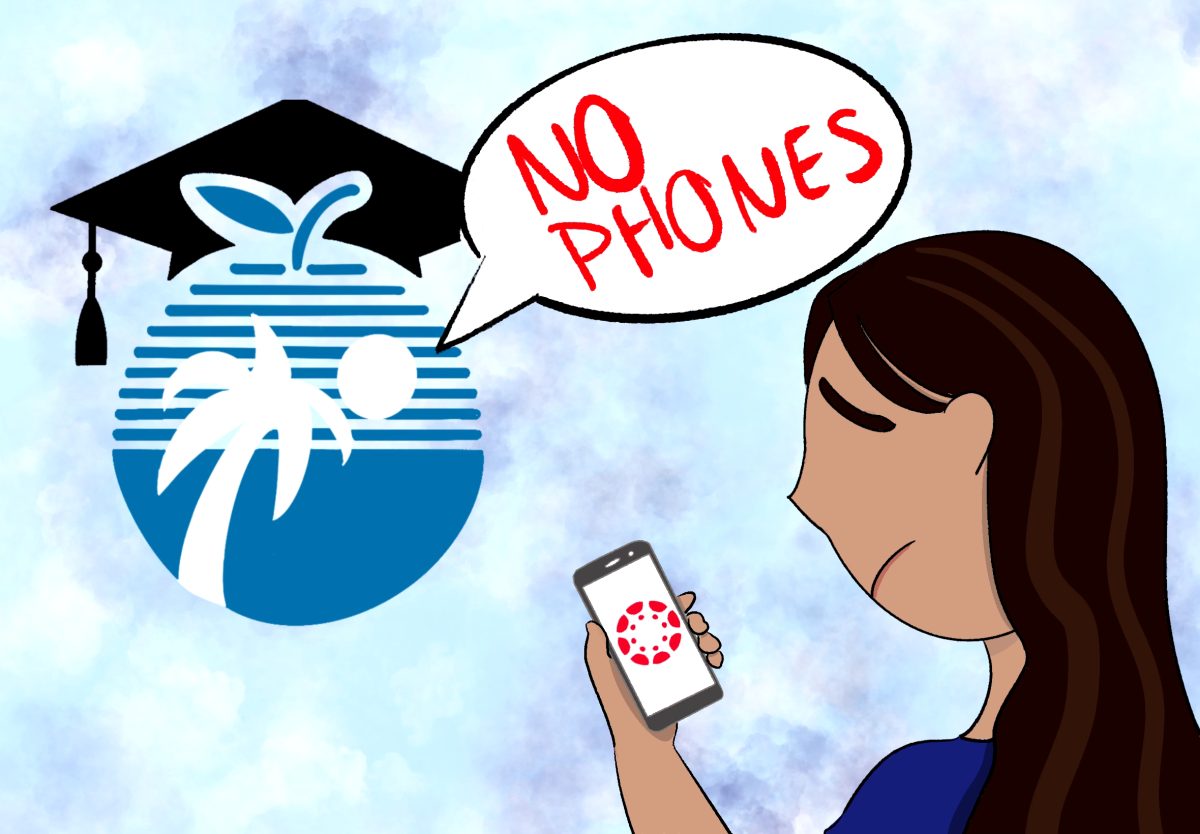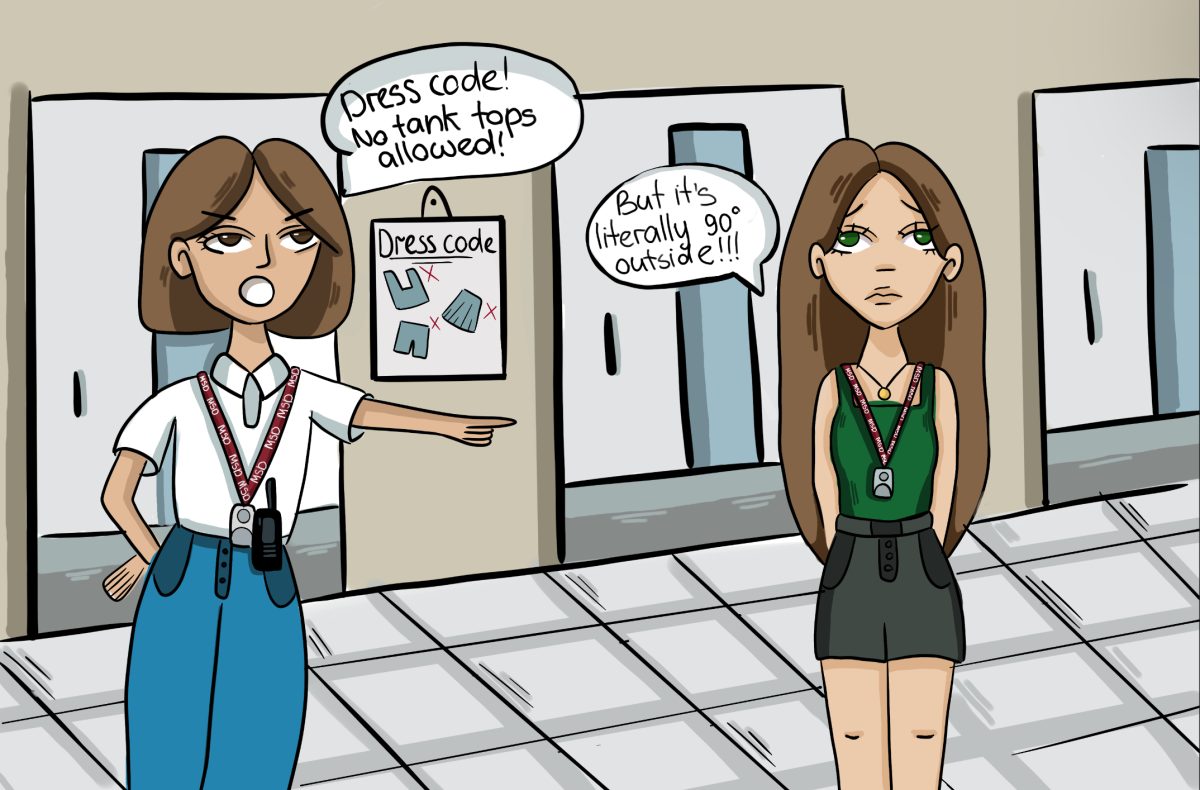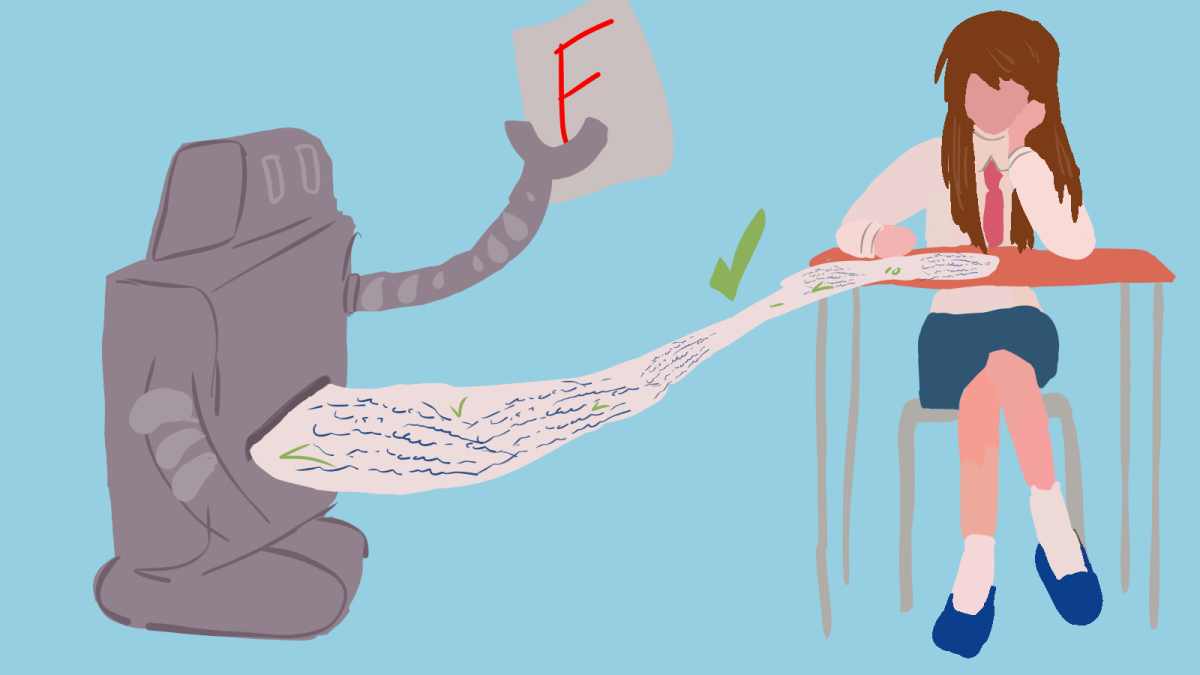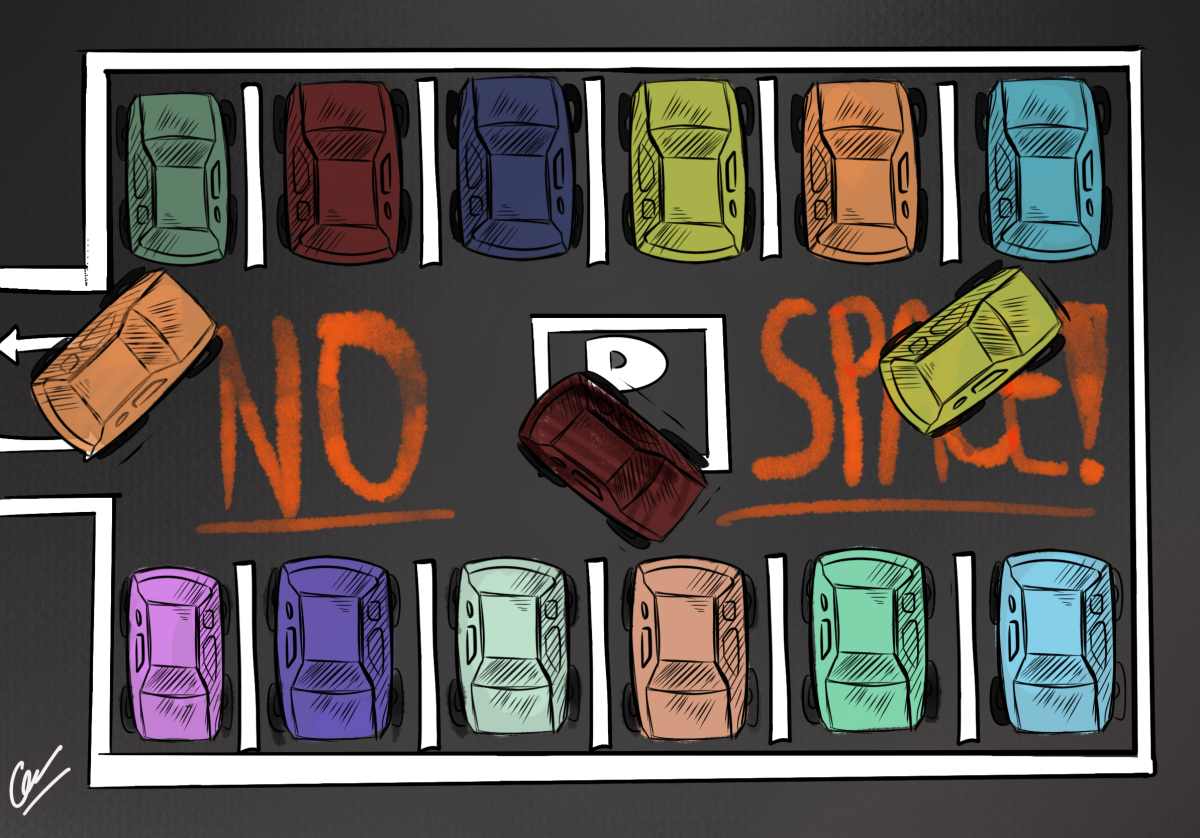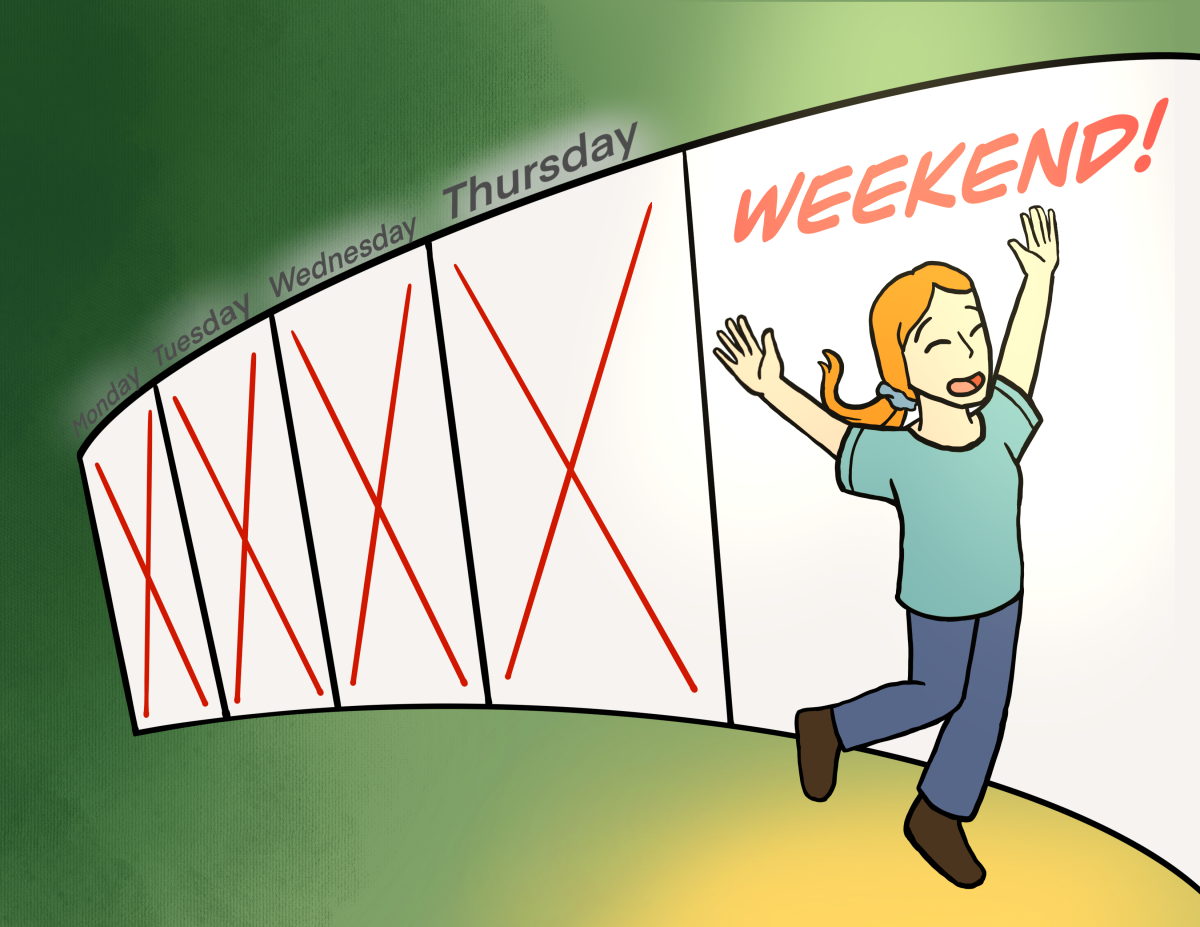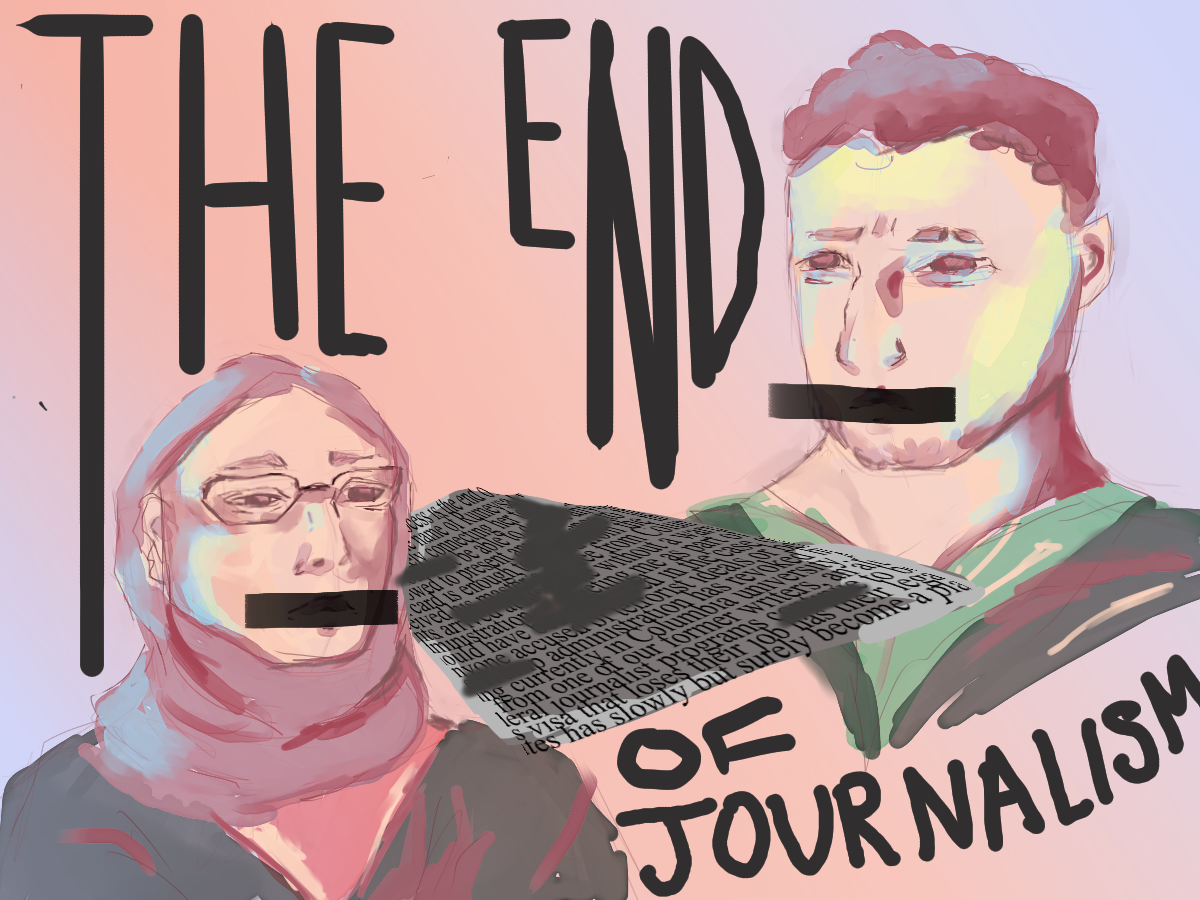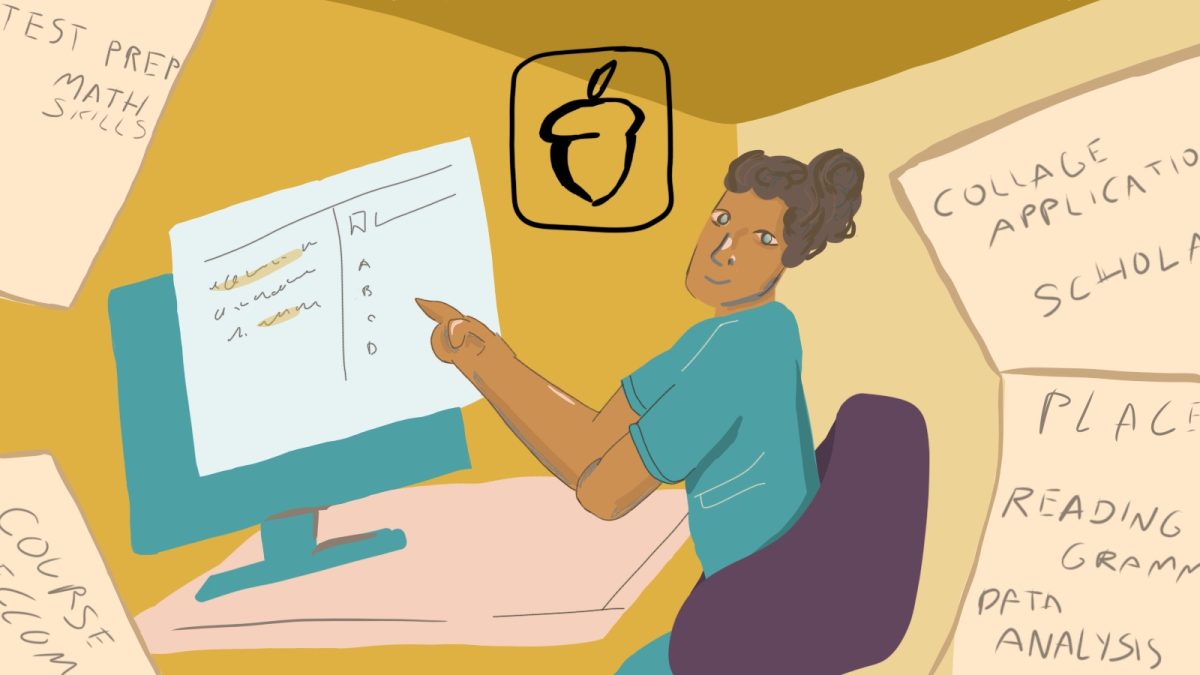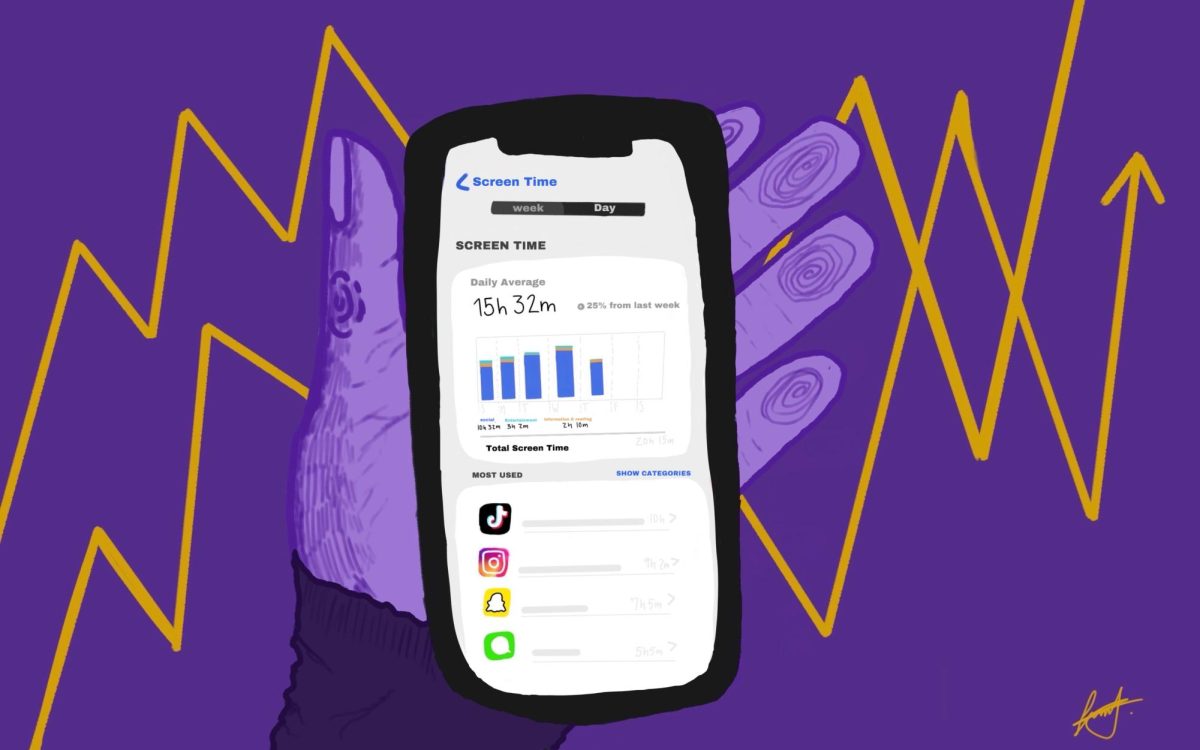In response to poor school attendance, Marjory Stoneman Douglas High School has introduced a new attendance rule called the 10-10-10 rule. Students cannot exceed 10 absences, 10 tardies or 10 sign-outs or else they will be ineligible for on-campus parking or senior privilege. While the rule encourages students to improve their attendance, it causes students stress and forces them to make poor decisions when deciding whether to come to school or not.
Senior parking allows students to park their cars in the senior lot on campus, rather than park in the junior lot at North Community Park in Coral Springs and walk to school. The walk is about 12 minutes.
Senior privilege is a policy that was introduced by Principal Michelle Kefford when she started at MSD, bringing the idea over from her old school of Flanagan High School. Senior privilege allows students to have an off-campus study hall; and they can leave school at either 1:02 p.m. or 12:28 p.m. depending on their lunch period.
Chronic absenteeism, according to a 2019 United States Department of Education report, means missing “at least 15 days of school in a year.” MSD is reducing what the Federal Department of Education recommends as an alarming amount of days a student can be absent for. If the school is going to limit the amount of absences in a school year, they should have the limit changed to 15.
The punishment for exceeding the 10-10-10 rule is both unfair and ineffective. Sentiments from students nationwide agree that senior parking lots make it exponentially easier to get to school. Without senior parking, getting to school is more difficult. When getting to school is more difficult or less accessible, it is more likely that students will be tardy because they will have to park further away in a busier lot. Thus, the 10-10-10 rule causes the problems it seeks to prevent.
The 10-10-10 rule does not consider whether the absence, tardy or sign-out is excused or unexcused. Students regularly miss school for excused reasons determined by Broward County Public Schools, such as illness, death of a family member, religious holidays, court appearances or medical appointments. While these are all important and valid reasons to miss school, MSD still enforces the 10-10-10 rule. For these students with excused absences, MSD has told them they will view their application for senior parking and privilege on a “case-by-case basis.”
Information about the exceptions to these new rules is important; however, MSD has not provided examples of situations and circumstances that will not discredit someone from senior parking. Thus, students who have contracted COVID-19 and are absent for several days or students with chronic illnesses that lead to frequent absences are unsure of where to proceed in order to not lose on-campus parking and senior privilege.
In addition, there are repercussions to the new attendance rule in regards to the health of students, such as showing up to school sick in fear of exceeding the absence limit. COVID-19 cases are on the rise and the spread could be further exacerbated by contagious students attending school.
Broward County Schools seeks to create an inclusive environment for students of all religious backgrounds. However, they have not included the religious holidays of all students as off-days on the school calendar. This means students may miss school for their religious beliefs and be punished for it. For example, MSD has a large Hindu population; and practicing students have no official off-days for religious holidays. This means they are either forced to attend school and miss the holiday or miss school and be punished for it. As it affects different religious students it affects Hindu students too.
There are many reasons why the 10-10-rule is harmful for students and ineffective. Instead of restricting students’ absences, tardies and sign-outs to 10 days to stop chronic absenteeism, MSD should address the reasons why students are not attending school.

